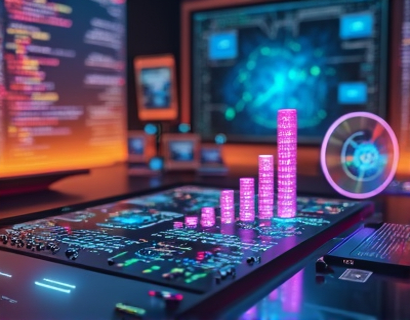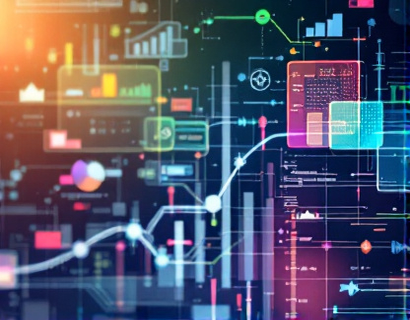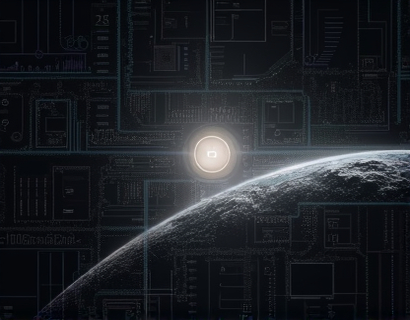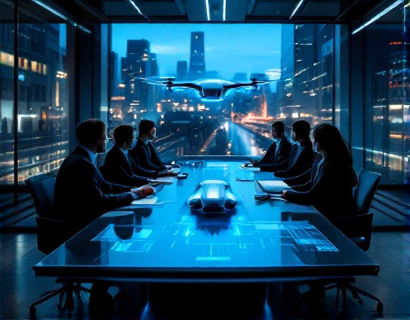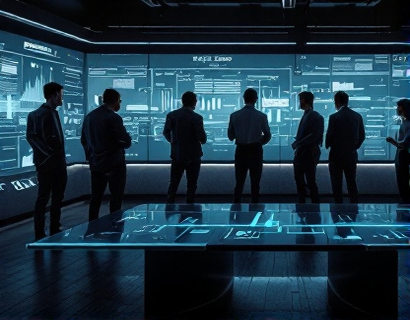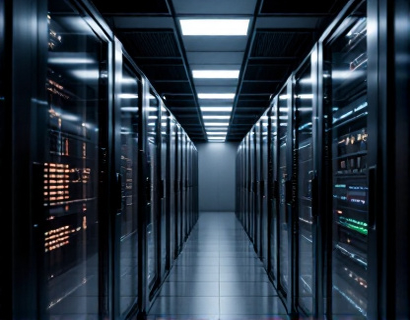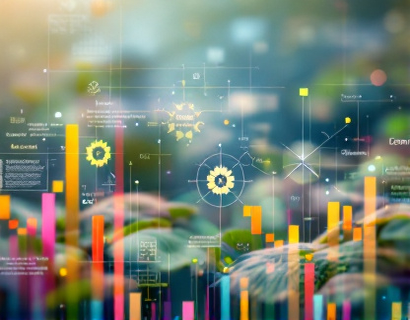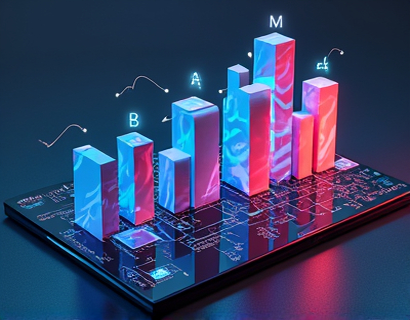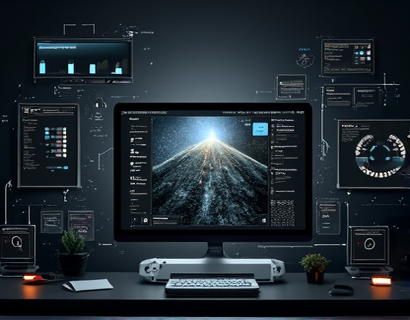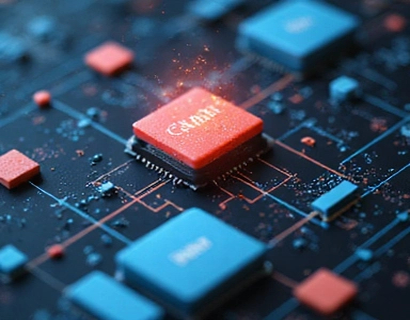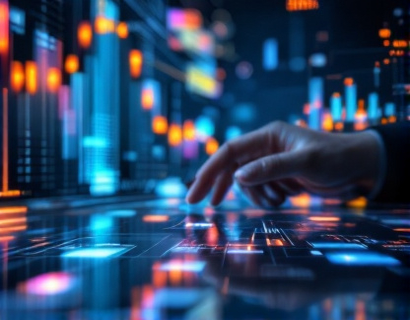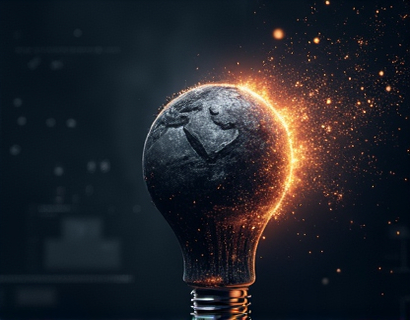AI and Crypto Synergy: Transforming Decentralized Productivity with Advanced Tech Solutions
The integration of Artificial Intelligence (AI) and cryptocurrency is ushering in a new era of decentralized productivity, redefining how we approach digital tasks and workflows. This synergy leverages the strengths of both technologies to create seamless, efficient, and innovative solutions that enhance user experience and streamline operations in the decentralized landscape.
The foundation of this transformation lies in the unique properties of blockchain technology, which underpins cryptocurrency. Blockchain's decentralized, transparent, and secure nature provides an ideal environment for AI applications to flourish without the constraints of traditional centralized systems. This combination not only optimizes performance but also ensures that data integrity and user privacy are maintained at all times.
Enhancing User Experience through Decentralized AI Solutions
One of the most significant benefits of merging AI with decentralized technology is the enhancement of user experience. Traditional centralized systems often suffer from bottlenecks, single points of failure, and limited scalability. In contrast, decentralized AI solutions distribute computational tasks across a network of nodes, ensuring high availability and performance even under heavy loads.
For instance, decentralized AI models can be trained and executed on a peer-to-peer network, reducing latency and improving response times. Users benefit from faster and more reliable services, as the load is evenly distributed and there is no central server to overwhelm. This decentralized approach also means that users have greater control over their data, as it remains on their devices rather than being stored in a central database.
Streamlining Workflows with AI-Driven Smart Contracts
Smart contracts, a cornerstone of blockchain technology, can be significantly enhanced by AI. AI-driven smart contracts automate complex business logic and decision-making processes, executing tasks with precision and without human intervention. This synergy allows for the creation of self-executing agreements that adapt to changing conditions in real-time.
For example, in supply chain management, AI can analyze data from various sources to predict demand, optimize inventory levels, and automate payments to suppliers. The smart contract executes these actions based on predefined rules and conditions, ensuring transparency and reducing the risk of errors or fraud. This not only speeds up processes but also builds trust among all parties involved.
Decentralized Data Marketplaces and AI
The convergence of AI and decentralized data marketplaces is revolutionizing how data is bought, sold, and utilized. In a decentralized data marketplace, users can monetize their data while maintaining control over its usage. AI algorithms can analyze and process this data to provide valuable insights and predictions, all while ensuring data privacy and security.
These marketplaces operate on blockchain, allowing for transparent and fair transactions. AI enhances the value of the data by performing complex analyses and generating actionable insights, which can be sold to businesses and organizations. This creates a win-win situation where data providers are compensated for their contributions, and businesses gain access to high-quality, real-time data.
Enhancing Cybersecurity with AI and Blockchain
Cybersecurity is a critical concern in the digital age, and the combination of AI and blockchain offers robust solutions to protect against threats. AI can detect and respond to anomalies and potential security breaches in real-time, while blockchain provides an immutable and transparent ledger of all transactions and activities.
By integrating AI with blockchain, security systems can learn from past attacks and adapt to new threats more effectively. This proactive approach minimizes the risk of breaches and ensures that any suspicious activity is promptly identified and mitigated. The decentralized nature of blockchain also means that there is no single point of failure, making it extremely difficult for attackers to compromise the system.
Decentralized Identity Management and AI
Identity management is another area where AI and decentralized technology can make a significant impact. Traditional identity systems are often centralized, vulnerable to hacks, and prone to misuse. Decentralized identity solutions, powered by AI, allow users to control their digital identities and share them selectively with different services.
AI can enhance these solutions by verifying identities through biometric data, behavioral patterns, and other secure methods. This not only improves security but also provides a seamless and user-friendly experience. Users can authenticate themselves without the need for multiple passwords or cumbersome verification processes, streamlining access to various services and applications.
Optimizing Resource Allocation with AI in Decentralized Networks
Decentralized networks, such as those used for computing and storage, can benefit greatly from AI-driven optimization. AI algorithms can analyze network traffic, resource usage, and user demands to allocate resources efficiently. This ensures that computational power and storage capacity are used where they are most needed, reducing waste and improving overall network performance.
For instance, in decentralized computing platforms, AI can dynamically assign tasks to nodes based on their current load and capabilities. This not only maximizes resource utilization but also ensures that users receive consistent and high-quality service. The decentralized nature of these networks means that there is no central authority dictating resource allocation, leading to a more equitable and efficient system.
Challenges and Considerations
While the synergy between AI and decentralized technology offers numerous benefits, there are also challenges and considerations to keep in mind. One of the primary challenges is the technical complexity involved in integrating these technologies. Developers need to have a deep understanding of both AI and blockchain to create effective and secure solutions.
Another consideration is the energy consumption associated with blockchain, particularly proof-of-work systems. While AI can help optimize these processes, the environmental impact remains a concern. Exploring more sustainable consensus mechanisms and leveraging renewable energy sources can mitigate this issue.
Additionally, regulatory frameworks are still evolving in the space of AI and cryptocurrency. Ensuring compliance with existing laws and working towards the development of clear guidelines is essential for the widespread adoption of these technologies.
Future Prospects and Innovations
The future of AI and cryptocurrency synergy holds immense potential for innovation and transformation. As technology continues to advance, we can expect to see more sophisticated AI models running on decentralized networks, enabling even more powerful and efficient applications.
One exciting area is the development of AI-powered decentralized finance (DeFi) platforms. These platforms can offer a range of financial services, from lending and borrowing to trading and asset management, all without intermediaries. AI can enhance these services by providing personalized recommendations, risk assessments, and automated trading strategies.
Another promising direction is the integration of AI with decentralized autonomous organizations (DAOs). DAOs can leverage AI to make data-driven decisions, optimize operations, and engage with members in a more interactive and responsive manner. This fusion can lead to more democratic and efficient governance models in various sectors.
Moreover, the combination of AI and blockchain can drive advancements in Internet of Things (IoT) ecosystems. Decentralized AI can process and analyze data from numerous IoT devices, enabling smarter and more autonomous systems. This can revolutionize industries such as smart cities, healthcare, and manufacturing, leading to increased efficiency and innovation.
Conclusion
The synergy between AI and cryptocurrency is transforming the landscape of decentralized productivity, offering powerful tools and solutions that enhance user experience and streamline workflows. By leveraging the strengths of both technologies, we can create a more efficient, secure, and innovative digital world. As these technologies continue to evolve, the possibilities for transformation and growth are endless, paving the way for a future where decentralized solutions are the norm rather than the exception.




